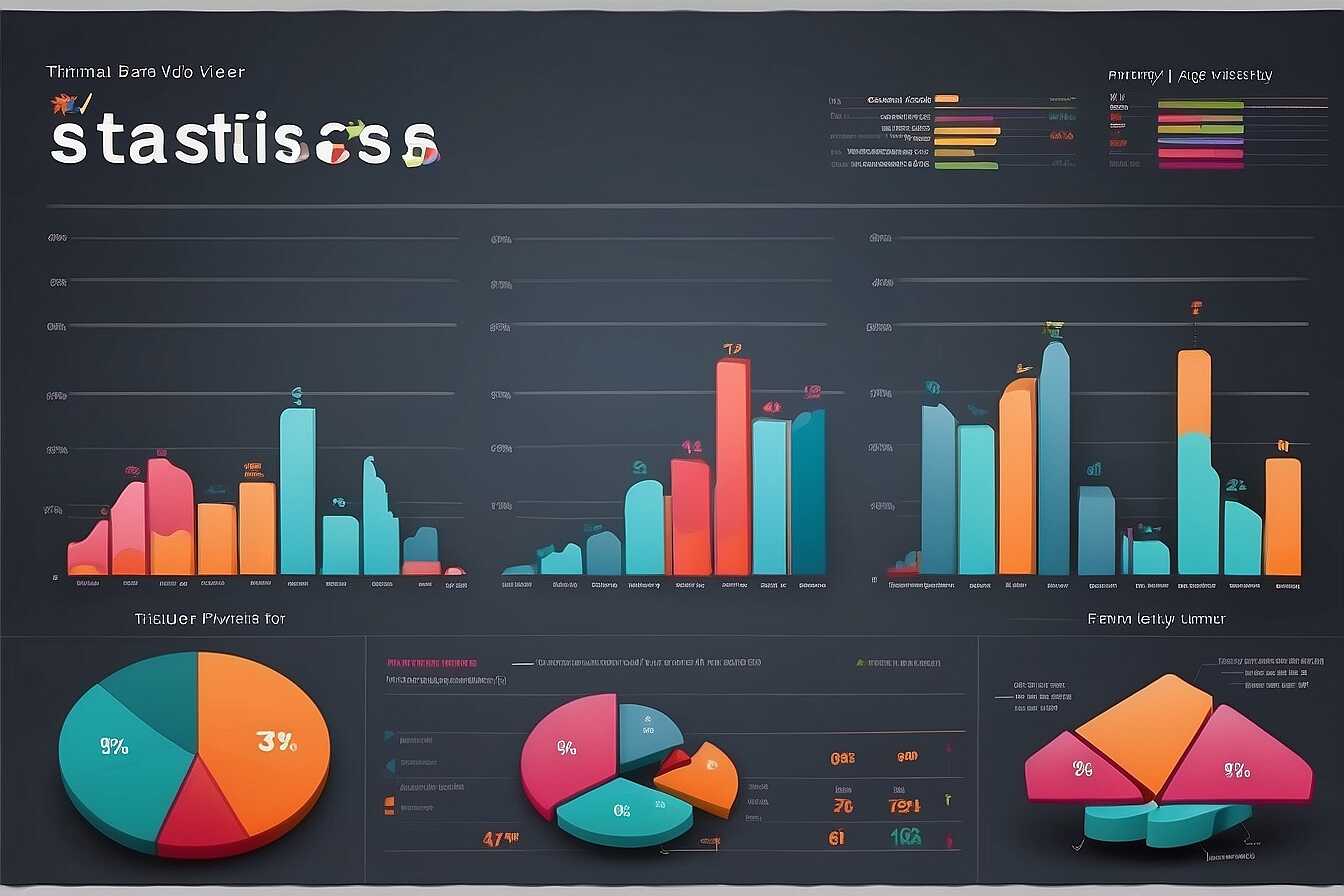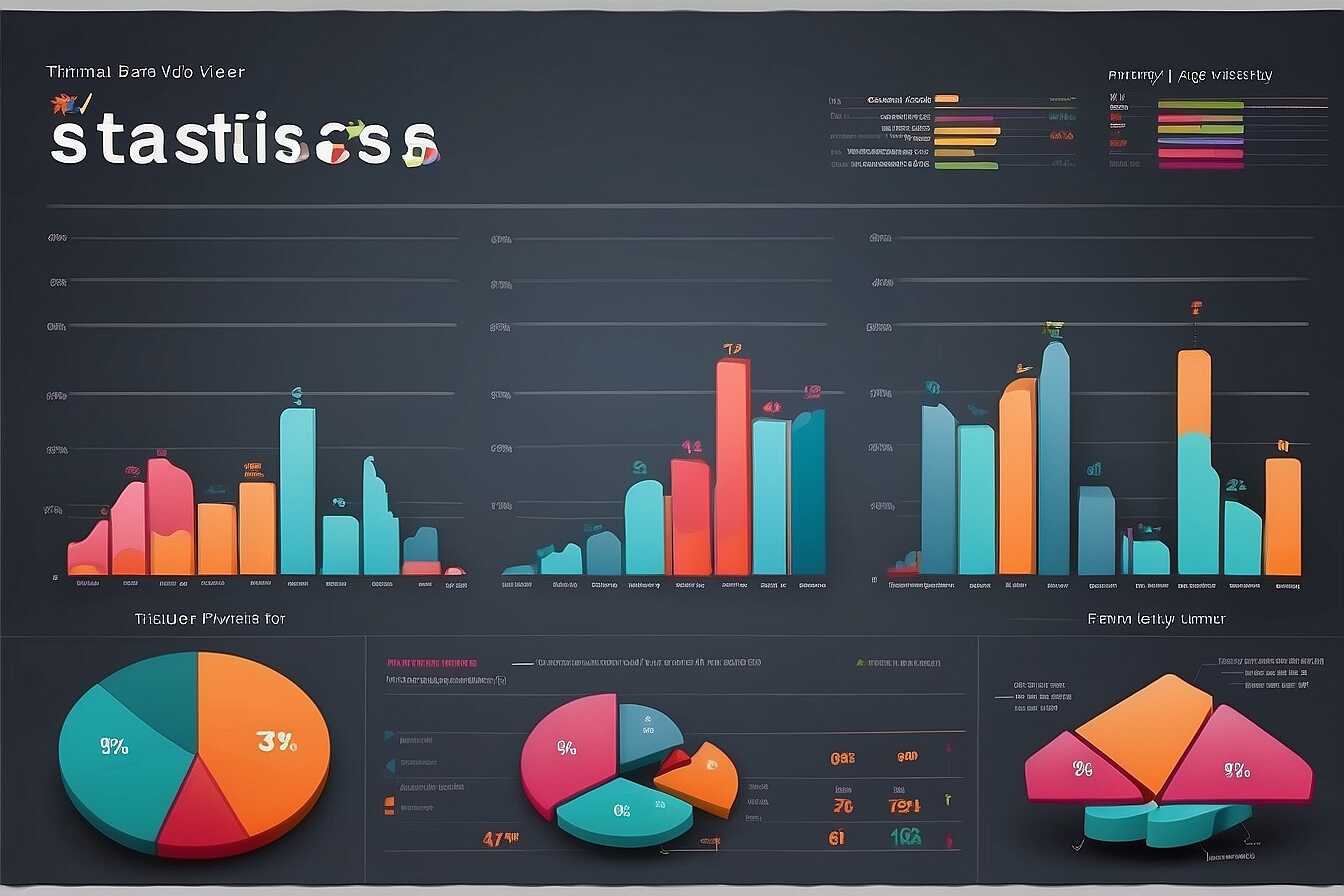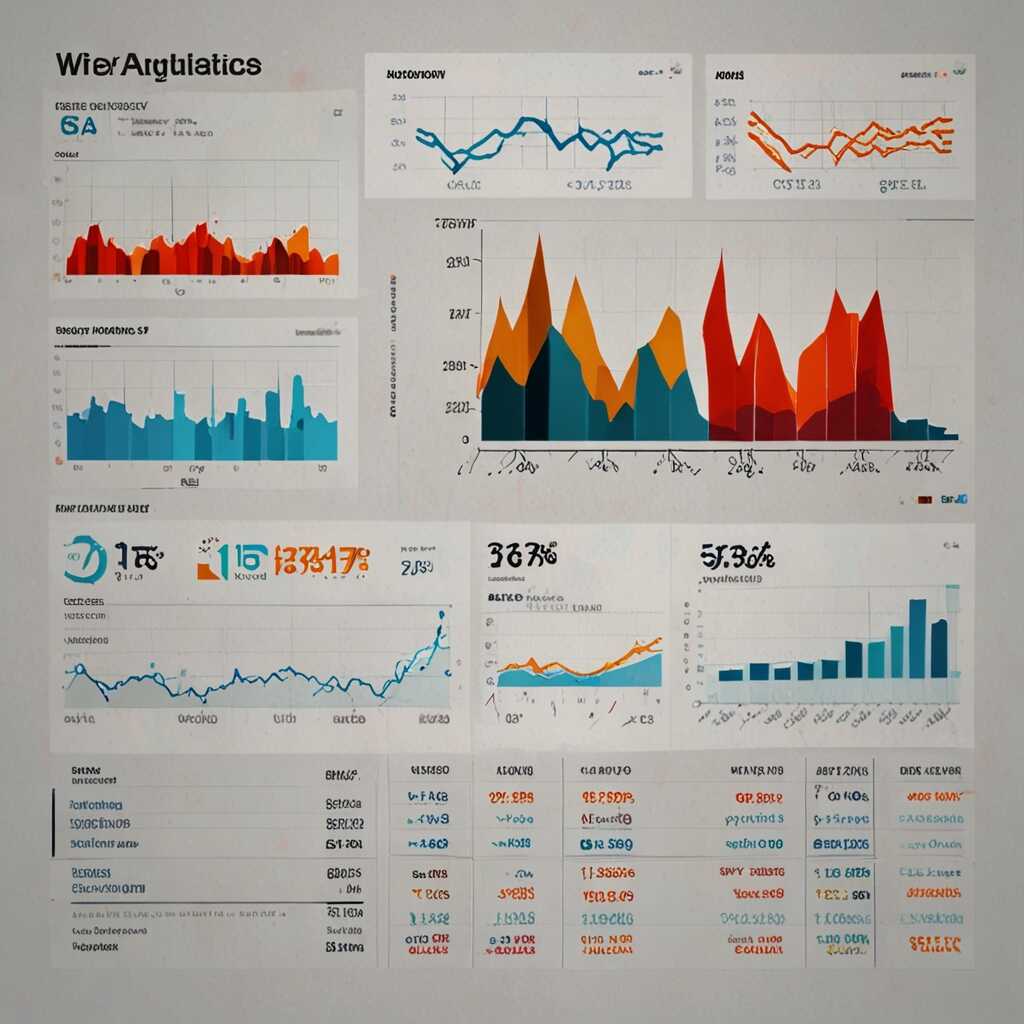Creating a winning Bing SEO strategy for e-commerce growth is essential for online retailers aiming to boost visibility and sales. By leveraging targeted techniques and tools, businesses can optimize their presence on Bing and drive more organic traffic. At Metrics Rule, we specialize in developing effective SEO strategies tailored for e-commerce websites, ensuring that small business owners and digital marketers can achieve their growth goals. This article will guide you through the best practices for maximizing your e-commerce site’s performance specifically on Bing.
Why Bing Matters for E-commerce Businesses Today
Bing offers substantial opportunities for e-commerce businesses thriving in today’s digital market. Although Google dominates search engine traffic, Bing holds about 6% to 8% of the market share as of 2023, making it a reliable alternative for targeting unique user demographics. Notably, Bing caters to an older audience, with 48% of users aged 35 or older, offering different buying behaviors that e-commerce stores can capitalize on. This demographic distinction can enhance the conversion rates for tailored marketing campaigns on Bing, providing e-commerce businesses with a platform designed to reach potential customers who are ready to purchase.
Understanding Bing User Demographics and Their Impact on E-commerce
Understanding Bing’s user demographics is essential for optimizing your e-commerce strategies. Research shows that Bing’s user base is not only older but also wealthier, with a significant portion of users earning over $100,000 annually. This statistic highlights the potential for higher average order values, meaning your marketing efforts can yield more significant returns. Additionally, targeting Bing users aligns with shoppers who appreciate quality and durability in products. Therefore, creating tailored SEO content that resonates with this demographic can result in improved performance for your e-commerce site.
Effective Keyword Research for Bing Optimization
To build a successful Bing SEO strategy, focus on the key factors of keyword research. Consider both short-tail and long-tail keywords that are relevant to e-commerce. Understanding user intent is vital, as Bing users may conduct searches differently than those on Google. Bing tends to favor local and niche keywords, making reliable market analysis essential. Long-tail keywords, specifically, provide opportunities for higher conversion rates as they more accurately reflect what e-commerce shoppers are seeking.
Understanding Long-Tail Keywords and Their Impact
Long-tail keywords play a significant role in driving targeted traffic to e-commerce sites. These phrases typically contain three or more words and capture specific user desires. Research indicates that over 70% of search queries are long-tail in nature. For e-commerce businesses, optimizing your site for these terms can enhance visibility on Bing and improve sales conversion rates. You can effectively utilize tools like Bing Webmaster Tools and keyword planners to find high-performing long-tail keywords tailored to your audience’s needs. In Vancouver, leveraging local long-tail keywords that include specific product names can significantly boost your site’s relevance and ensure you attract the right customers.

Best Practices for Optimizing Product Pages on Bing
To optimize product titles for Bing, use relevant keywords that reflect the product accurately. Include brand names, specific features, and types of materials in your titles to capture search intent effectively. For product descriptions, focus on clear and engaging content that highlights key features and benefits. Incorporate SEO keywords naturally throughout the description while ensuring it reads well for users. When selecting images for your product pages, aim for at least three high-quality images to show different angles and uses of the product. This enhances the e-commerce search visibility and can improve click-through rates from search results on Bing.
Crafting Effective Product Titles and Descriptions
When crafting effective product titles and descriptions, start with a clear understanding of the keywords customers use in searches. This keyword research can guide your title structure for maximum impact. Use phrases that align with user intent while ensuring your titles are concise yet informative. In descriptions, not only list features but also explain how the product solves problems or meets customer needs. Incorporating customer testimonials and reviews can enhance trust and reliability. Finally, don’t forget to optimize image alt attributes with keywords, which help with Bing’s indexing and improve the visibility of your e-commerce listings.
Key Statistics for E-Commerce Optimization
- Over 96% of online shoppers conduct product research before buying.
- Bing holds a 6.28% market share in search engine usage.
- 40% of Bing’s users make higher-than-average incomes.
- 1 in 3 Bing searches leads to a purchase within 24 hours.
- Bing Ads can lower cost-per-click (CPC) by 30% compared to Google Ads.
- 70% of users feel more inclined to purchase from familiar brands.
- Over 60% of Bing users prefer conducting in-depth searches for products.

Utilizing Bing Ads to Complement Organic SEO Efforts
Bing Ads can effectively enhance an e-commerce site’s SEO performance by providing immediate visibility through paid search results. When combined with organic SEO efforts, Bing Ads delivers quick results that improve overall traffic and brand awareness. Specific strategies to integrate Bing Ads with SEO optimization include targeting relevant keywords and utilizing ad extensions to enhance visibility. Additionally, analyzing Bing Analytics data allows you to tailor your campaigns to boost conversions. Bing Ads can increase e-commerce traffic by adding a reliable paid channel that complements organic search efforts, ensuring comprehensive coverage in search results.
Maximizing Conversions with Bing Ads and SEO
Maximizing conversions involves a deep synergy between Bing Ads and SEO. Start by researching high-volume keywords that align with your e-commerce offerings. This data provides valuable insights into what customers are searching for. Implementing ad campaigns that incorporate these keywords can lead to higher click-through rates. Utilize Bing’s targeting features, such as audience targeting and demographic options, to reach potential buyers effectively. Optimize your landing pages with proven SEO techniques, ensuring they are user-friendly and relevant. This approach significantly enhances your conversion rates, driving more sales and providing an impressive return on investment.

Technical SEO Essentials for Bing Rankings
To improve your Bing rankings, focus on three critical technical SEO elements: website load speed, mobile optimization, and structured data usage. Website load speed is essential; Bing favors sites that load quickly, enhancing user experience. Tools like Google PageSpeed Insights or GTmetrix can help you analyze and optimize load speed. Mobile optimization is equally important, as Bing prioritizes mobile-friendly sites, which means creating responsive web designs is vital. Structured data usage has also proven significant because it helps Bing understand your content better, improving indexing. Using schema markup can enhance how your products appear in search results.
Optimizing Website Load Speed for Better Bing Performance
Optimizing website load speed is fundamental to achieving better Bing performance. Use tools like GTmetrix and Pingdom to test your site’s loading time. Aim for a load time of under 3 seconds, as studies show higher conversion rates for faster sites. Compress images and leverage browser caching to reduce loading times. A well-optimized e-commerce site not only provides a better customer experience but also improves SEO ranking. Additionally, ensure your hosting provider can handle increased traffic during peak shopping times, significantly enhancing reliability and efficiency.
Advantages of a Solid E-Commerce Approach
- Improved visibility leads to increased website traffic and sales.
- The tailored strategy boosts user engagement on platform-specific searches.
- Optimized content appeals to potential customers, enhancing conversion rates.
- Using Bing tools can grant insights on consumer behavior and preferences.
- Accessible advertising options allow even small businesses to thrive.
- Building brand authority enhances customer loyalty and retention.
- A comprehensive strategy supports sustainable long-term growth in revenue.

Crafting High-Quality Content for Engaging Customers
Producing high-quality content is essential for improving visibility on Bing for e-commerce sites. Bing values unique and valuable content that answers users’ search queries effectively. By focusing on relevant keywords and providing in-depth information, e-commerce businesses can enhance their site’s reliability and trustworthiness. Effective ongoing content strategies include creating how-to guides, product comparisons, and customer reviews that improve user engagement. Updating your content regularly can ensure that your website remains relevant. Aim to refresh or add new content every month for optimal results.
Strategies for Creating Engaging Content
When designing engaging content, consider the needs and preferences of your target audience. Utilizing data from Bing analytics can guide your content strategy by revealing popular topics and user interests. Creating high-quality content like in-depth articles, video tutorials, and customer testimonials not only drives traffic but also improves conversions. It’s important to include keywords naturally throughout your content for enhanced visibility in search results. To maximize effectiveness, plan to update existing content based on seasonal trends or product launches, ensuring your e-commerce site always reflects current consumer interests.
Building Authoritative Backlinks for Improved Visibility
Effective backlink strategies are essential for optimizing Bing SEO. Focusing on high-quality, authoritative backlinks from reputable sources enhances a site’s authority and search rankings. Websites that receive backlinks from industry leaders or established platforms signal trustworthiness to search engines. This credibility is crucial for improving search engine visibility, particularly on Bing, which values relevant and reliable links. Moreover, integrating link-building with your overall SEO strategy helps improve organic traffic and conversion rates. Incorporating proven techniques such as guest blogging, partnerships, and content sharing can significantly enhance your backlink profile.
Top Techniques for Building Reliable Backlinks
To build reliable backlinks, employ techniques like guest blogging, collaborations, and content marketing. Guest blogging enables you to reach new audiences while earning high-quality links. Collaborating with influencers in your e-commerce niche can provide backlinks from established sites that enhance your site authority. Content marketing, including infographics, videos, and research papers, offers shareable material that can lead to organically gained backlinks. Consistently testing and analyzing your backlink strategies can improve efficiency and reveal new opportunities. Regular reviews of your backlink profile ensure you maintain quality and relevance, crucial for Bing SEO optimization.
Brands and Insights in E-Commerce Search Strategies
- Amazon: Strong brand recognition but faces challenges in SEO competition.
- eBay: Appeals to bargain hunters but struggles with site navigation.
- Walmart: Famous for in-store shopping; evolving online presence is impactful.
- Best Buy: Strong educational component but shorter product lines confuse consumers.
- Shopify: Facilitates easy setup for e-commerce sites but can be pricey for small businesses.
- Etsy: Supports unique products but primarily attracts niche markets.
- Target: Combines online and offline sales; however, may lack extensive online product variety.
Analyzing Performance and Refining Your Bing SEO Plan
To measure the effectiveness of your Bing SEO strategies, you can utilize various analytical tools that track metrics such as organic traffic, click-through rates, and conversion rates. Tools like Bing Webmaster Tools, Google Analytics, and SEMrush provide reliable data, allowing you to analyze your keyword rankings and overall performance. Comparing these insights against your established goals will help ensure that your strategies deliver the desired results. Regular reviews of performance data enable continuous adjustments, enhancing your strategy based on real-time feedback from your e-commerce website.
Utilizing Bing Webmaster Tools for Deeper Insights
Bing Webmaster Tools is an essential resource for e-commerce store owners looking to refine their Bing SEO plan. This tool provides substantial insights into crawling and indexing efficiency, allowing you to discover how your pages perform in search results. It enables you to identify any technical issues that may hinder your website’s visibility. Additionally, it delivers reports on backlinks, keyword performance, and search queries, ensuring you can adjust your strategies based on reliable data. Utilizing this tool ensures your ongoing adjustments are informed, enhancing your e-commerce site’s ability to thrive in the competitive online market.
